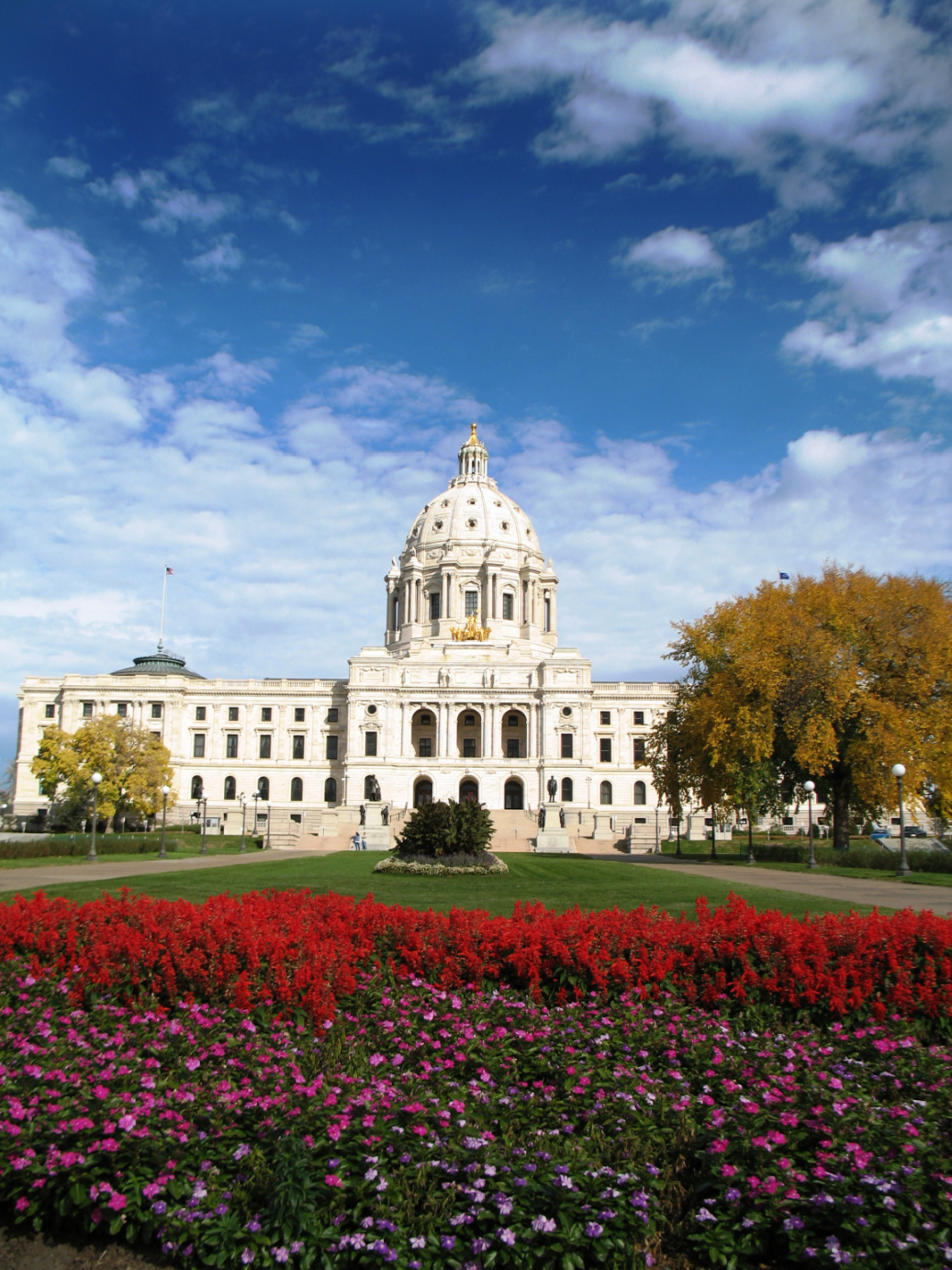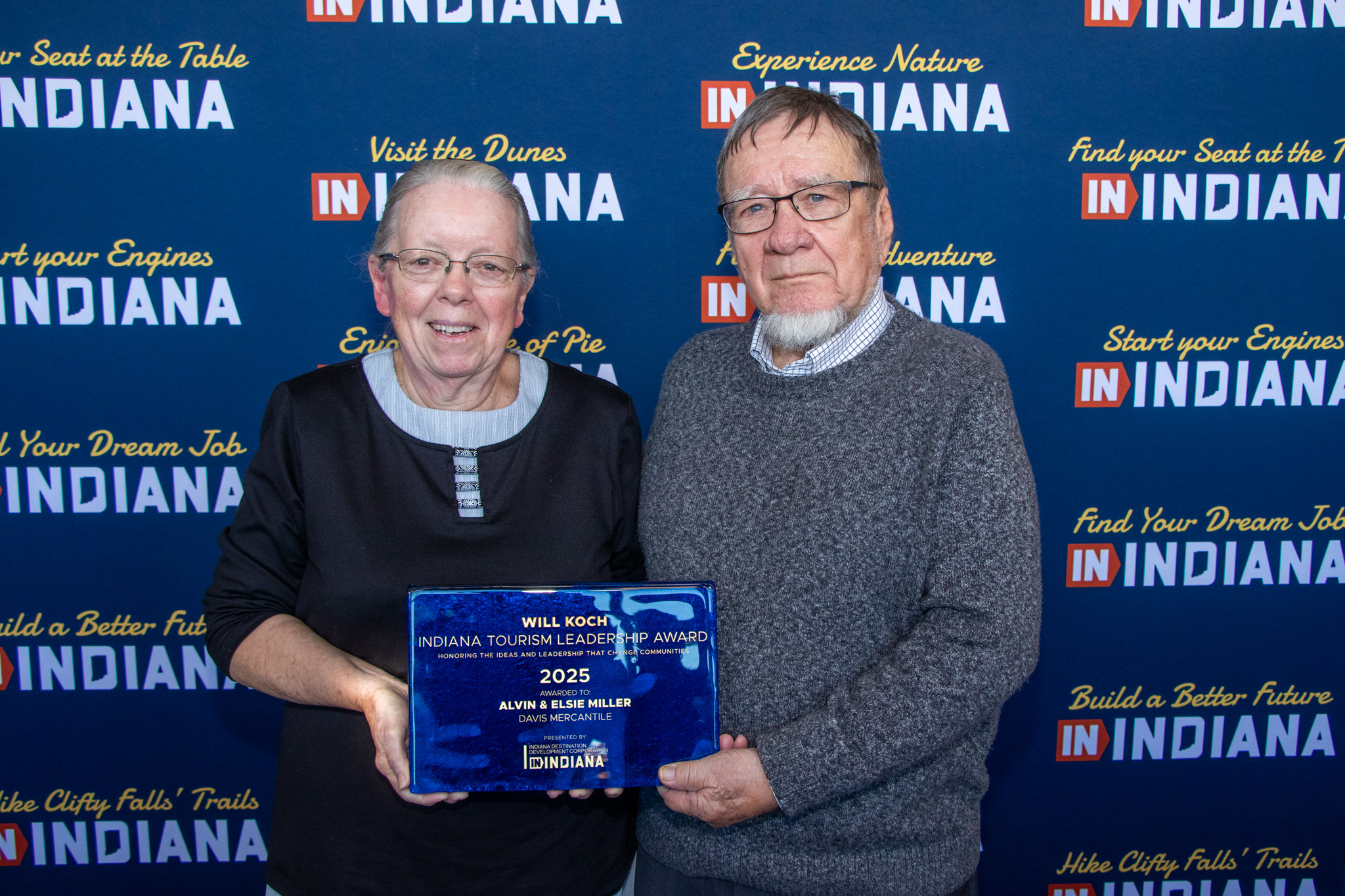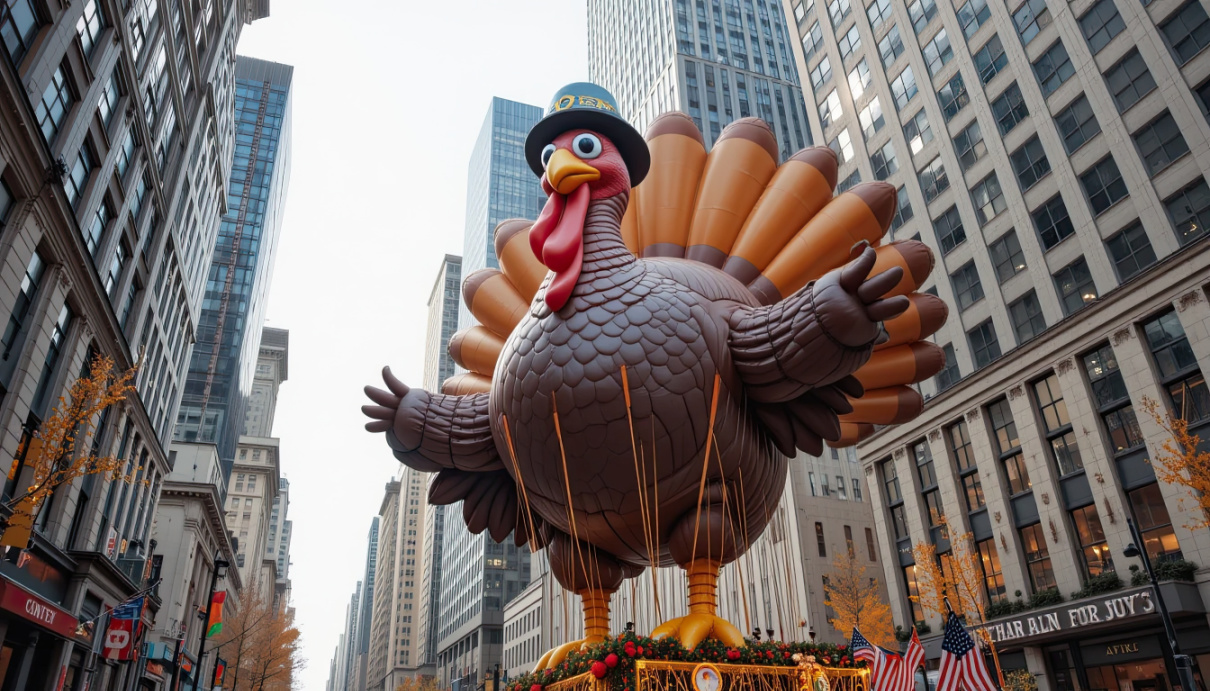From Fraud Findings to Funding Opportunities: Lang Outlines What’s Next for MN

Sen. Andrew Lang Looks Ahead to 2026: Accountability, Community Priorities, and a Push for Stronger Oversight
As the calendar turns toward winter and Minnesota edges closer to the start of the 2026 legislative session, Sen. Andrew Lang is already shifting gears. For him, November isn’t the quiet wind-down of a long year — it’s the moment when the next one begins.
Lang, who represents District 16, says the months leading up to the February 17 session are when conversations matter most. He’s been urging Minnesotans to tell him what issues they want elevated at the Capitol, what challenges are hitting home, and what opportunities they see for their communities. “Your ideas help guide our priorities,” he reminded constituents.
And this year, he says, there’s no shortage of priorities.
A State Reckoning With Mismanagement
Minnesota has spent much of the past year reckoning with staggering levels of fraud across state government — more than $1 billion uncovered so far, with new discoveries continuing to surface. Lang has been vocal about what he sees as a pattern of weak oversight, and he argues that if the state wants to rebuild trust, accountability must begin at the very top.
That belief only sharpened with the release of a new performance audit of the Governor’s Office and Lieutenant Governor’s Office. The audit examined financial compliance from mid-2022 through the end of 2024 and found repeated issues involving receipts, timesheets, vendor payments, and other basic internal controls.
The reaction from Minnesota media was swift.
FOX 9 pointed to a “significant number” of deficiencies.
KSTP listed failures in complying with state law and office policy, from late payments to incorrect pay adjustments. Sen. Ann Rest, responding to the findings, called the pattern of lapses “appalling.”
CBS noted a dozen examples of mismanagement and reported that the office “generally did not comply” with the standards reviewed.
For Lang, the audit didn’t come as a surprise — but he sees it as an important moment. “The tone of any administration filters down,” he said, arguing that strong internal controls are essential if the state wants a government Minnesotans can rely on.
A Renewed Call for Independent Oversight
Last session, Lang and his colleagues worked across party lines on a bipartisan proposal to create an independent, nonpartisan Office of Inspector General. The goal: a professional watchdog with the authority to investigate fraud, waste, and abuse wherever it occurs in state government.
The bill passed the Senate with support from both sides of the aisle, but in the House, it stalled.
Lang says the need for such an office is now clearer than ever. With the audit fresh in lawmakers’ minds, he expects oversight to be a defining conversation heading into February.
At the Same Time: Real Opportunities for Local Growth
Despite his concerns about mismanagement, Lang is also spotlighting opportunities — particularly the grant programs currently open for Minnesota communities.
In Renville County, the HRA/EDA’s Business Innovation Grant is accepting applications until January 1, 2026. The grants, up to $3,000 with a required 1:1 match, support projects that create jobs, grow revenues, or strengthen local operations. Eligible uses range from equipment upgrades to new product development and technology improvements.
Statewide, the Minnesota Department of Agriculture has two major programs open:
The AGRI Works Grant Program
Open to nonprofits, government units, and most educational institutions, this program funds regional or statewide research, outreach, and education efforts — particularly for rural communities. Grants range from $5,000 to $75,000 with a 50% match.
The AGRI Crop Research Grant
A larger program with up to $1.75 million available in FY 2026, this initiative funds applied agricultural research expected to produce results within three to seven years. Awards may reach $250,000 per project, with priority given to crops and communities lacking access to other funding.
Applications for both programs are due December 16, 2025.
What Comes Next
For Lang, the road to the 2026 session runs through two parallel tracks: pushing for stronger oversight at the state level, and championing new opportunities for local businesses, farmers, and organizations.
He says the conversations happening now — the ones about priorities, needs, frustrations, and hopes — are the ones that shape what lawmakers bring with them into the Capitol in February.
RECENT










BE THE FIRST TO KNOW

More Content By
Think American News Staff












